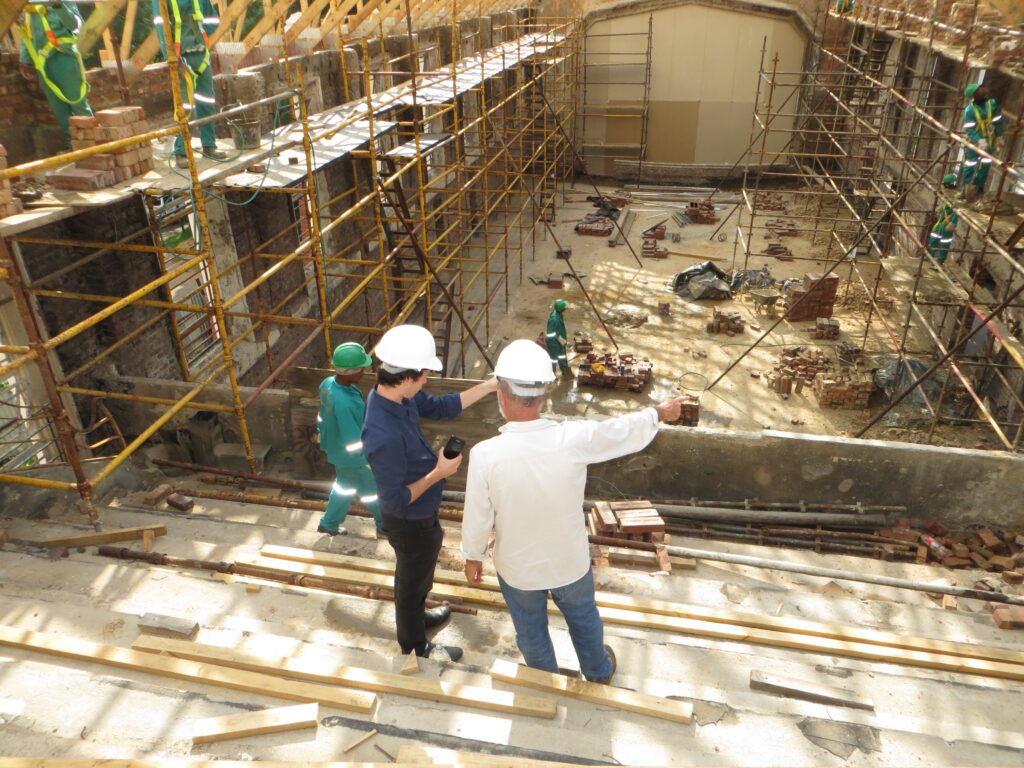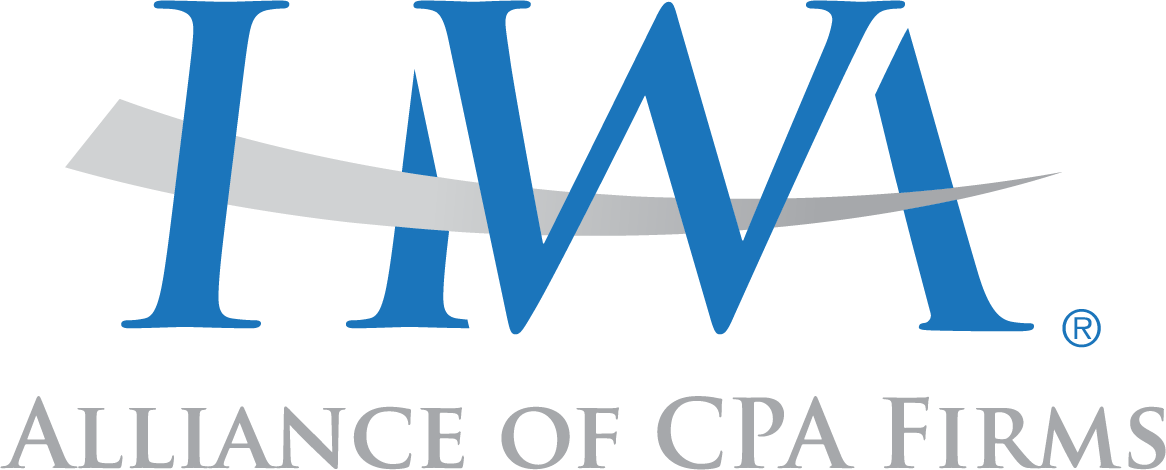Risk Management in the Construction Industry and Its Influence on Executives for Growth and Success

SOURCE:Photo by Mark Potterton on Unsplash
Construction is, without a doubt, a high-risk industry. Each construction project is unique and has its own set of challenges that can cause a variety of problems and jeopardize the project’s success. As a result, risk management cannot be overlooked in the construction industry. Large projects and machinery, increasing stakeholders, expensive equipment, dangerous work, labor shortages, and increased demands are all highly catalytic risk factors that define the industry.
There are a number of studies and reports that have shown the problems that the construction industry can encounter without proper risk management. “A study published in the Journal of Construction Engineering and Management found that cost overruns are a common problem in construction projects, with up to 80% of projects experiencing cost overruns. The study also found that poor risk management was a contributing factor to cost overruns.”
Research completed by the University of Cambridge identified and summarized that “reputation damage as a result of poor risk management can have a significant impact on a company’s bottom line, as it can lead to difficulty in winning new business and retaining current clients.”
All of the factors
above reiterate the necessity and importance of risk management. Risk
Management is essential to the success of the construction industry because it
helps to identify, assess, and mitigate potential risks that could negatively
impact a project. Effective risk management can help to minimize disruptions
and delays, ensure safety, manage costs, and improve the overall quality of the
finished product. By identifying and addressing risks early on, construction
companies can make informed decisions and take proactive measures to prevent or
minimize the impact of potential issues. This can ultimately result in the
successful completion of projects on time, within budget, and to the
satisfaction of all stakeholders.
Common Construction Problems without Risk Management:
Without proper risk management, the construction industry could encounter a variety of problems such as:
Cost overruns: Without identifying and managing potential risks, unexpected issues can arise that lead to increased costs and budget overruns.
Delays: Unforeseen risks can cause delays in the construction process, leading to missed deadlines and schedule overruns.
Quality issues: Without proper risk management, the quality of the final product may be compromised.
Safety hazards: Lack of risk management can lead to safety hazards on the construction site, potentially causing injuries or fatalities.
Legal and regulatory issues: Construction projects must comply with a variety of laws and regulations. Without proper risk management, projects may be in violation of these laws and regulations, leading to legal and financial repercussions.
Reputation damage: Construction companies with a history of poor risk management may
develop a negative reputation in the industry. This can lead to difficulty in
winning new business and retaining current clients.
Key areas of risk management:
- Safety risks: ensuring the safety of workers and the public during construction activities.
- Financial risks: managing project costs and potential overruns, as well as ensuring timely payment from clients and contractors.
- Legal and contractual risks: understanding and complying with laws and regulations, and managing disputes and claims.
- Schedule risks: ensuring that the project is completed on time and within budget.
- Quality risks: ensuring that the finished product meets the project specifications and standards.
- Environmental risks: managing the potential impact of construction activities on the environment.
- Political risks: assessing and mitigating potential risks related to government policies or political instability in the area of the project.
- Natural disasters and unforeseen events risks.
- Cybersecurity risks.
- Supply chain risks.
The Role of Risk Management to Construction Executives
Construction executives play a crucial role in achieving success in risk management. They are responsible for setting the overall strategy and direction for risk management within the organization, and for ensuring that risk management processes and procedures are implemented effectively. Some specific responsibilities of construction executives in relation to risk management include:
Developing and implementing a comprehensive risk management plan: This includes identifying potential risks, assessing their likelihood and impact, and developing strategies to mitigate or manage them.
Ensuring compliance with laws and regulations: Construction executives are responsible for ensuring that the company complies with all relevant laws and regulations related to risk management, such as safety regulations, environmental laws, and contract terms.
Communicating with stakeholders: Construction executives must communicate effectively with stakeholders such as clients, contractors, and project team members, to ensure that they understand the risks involved in a project, and to gain buy-in for risk management strategies.
Monitoring and reporting: Construction executives must monitor the progress of risk management efforts and report on their effectiveness to senior management, the board of directors, and other stakeholders.
Allocating resources: Construction executives are responsible for allocating resources, such as budget and personnel, to support risk management efforts.
Continuously improve risk management process:Construction executives should continuously review and improve the company’s risk management process, including incorporating new technologies, methodologies, and best practices.
Overall,
construction executives play a key role in ensuring that risk management is
integrated into all aspects of the construction process, from project planning
and design to execution and closeout. This enables the construction company to
make well-informed decisions and ultimately achieve success in risk management.
HWAA can help you!
If
your construction company is ready to manage its financial risks and ensure
financial stability of projects and business, reach out to HWAA’s financial
risk management services. We specialize in providing customized financial risk
management solutions to the construction industry and can help your company.
At HWAA, we manage your risk in four easy
steps:
● First, using
our proven methods, we will Identifyany events that may
negatively impact you, your family, your
business, or your organization.
● Second, we
will help you Eliminate risks to
your success wherever possible.
● Third, we
will Reduce your liability by
helping you establish techniques for
preventing or minimizing the effect of
disasters, calamities, or irregularities.
● Lastly, we can
assist you Transfer risk through recommendations
regarding
the protection, education, and structure of
your business and other assets, that will
minimize the risk of personal or business
loss.
Contact us today! Find out how HWAA can help your company improve financial risk management and achieve financial stability and success in your projects.

